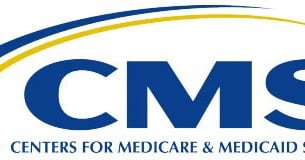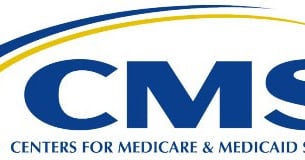Medicare will begin reimbursement next year for collaborative care services, according to an...
Lieberman Applauds Rep. Murphy for Stand on Psychotropic Drugs in Part D
 |
At that hearing, Rep. Tim Murphy (R-Pa.), a clinical psychologist, read parts of APA's letter to the committee, highlighting in particular CMS’s mischaracterization of APA’s practice guidelines to justify curtailing access to psychotropic medications. During questioning, Murphy queried CMS Principal Deputy Administrator Jon Blum as to whether any psychiatric expert consultation had been consulted in CMS’s clinical review, among other important topics.
Medicare Part D currently has six “protected” classes: antipsychotic agents, antidepressants, anticonvulsants, immunosuppressants, antiretrovirals, and antineoplastics. Part D plans must carry “all or substantially all” of the chemically distinct drugs in these categories on their formularies. For other categories, the plans can typically carry one brand-name drug and one generic drug.
“It is fundamental to the mission of APA to promote scientific inquiry and evidence-based approaches to the treatment of mental illnesses and to ensure that policy is based upon the scientific evidence available,” said Lieberman. “APA has always stated, and its practice guidelines clearly stress, that all antidepressants and antipsychotics are absolutely not comparable nor are they in any way interchangeable. We need to ensure that our patients have access to full range of psychotropic drugs now available to maximize the effectiveness of their treatment and to reduce suffering.”
APA's Board of Trustees is meeting this weekend to discuss this and other issues.
More information is on APA's website.





